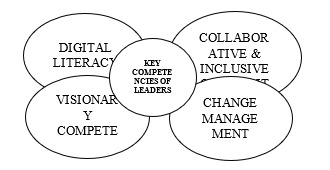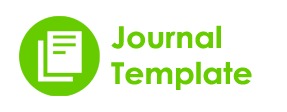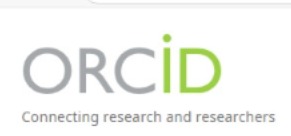NAVIGATING CHANGES IN THE DIGITAL LEARNING ENVIRONMENT FOR ISLAMIC EDUCATION LEADERSHIP
DOI:
https://doi.org/10.63889/pedagogy.v18i1.249Abstract
Digital transformation in the world of education has brought significant changes to the way we learn, teach, and lead in the school environment. The speed of technology adoption as well as the paradigm shift towards digital-based learning requires education leaders to adjust their strategies and approaches. In this context, educational leadership is not only required to be able to understand technology, but also needs to build an organizational culture that is adaptive, collaborative, and inclusive. This change poses new challenges in education governance that require serious attention from academics and education practitioners. While many studies have addressed the integration of technology in learning, there is still a research gap in understanding how education leaders navigate digital change strategically and holistically. Most studies tend to focus on teachers and students as users of technology, while the crucial role of education leaders in designing visions, policies, and digital learning climates is still underexplored. This is important considering that leadership that is responsive to digital changes greatly determines the success of innovation implementation in educational institutions. This study uses a descriptive approach with content analysis techniques to review various documents, scientific articles, educational policies, and reports on leadership practices in a digital learning environment. The data is systematically analyzed to identify leadership patterns, adaptation strategies, and challenges faced by education leaders in managing technology-based change. Through this approach, the research seeks to provide an in-depth understanding of leadership dynamics in the context of educational digitalization. The benefit of this research is that it makes a theoretical and practical contribution to the development of educational leadership models that are adaptive to digital change. The results of the research are expected to be a reference for policymakers, school principals, and academics in formulating leadership approaches that are more relevant to the demands of the times. Thus, the digital learning environment can be optimally utilized to improve the quality of education sustainably.

Downloads
Published
How to Cite
Issue
Section
License
Copyright (c) 2025 Mahmudulhassan

This work is licensed under a Creative Commons Attribution-ShareAlike 4.0 International License.





